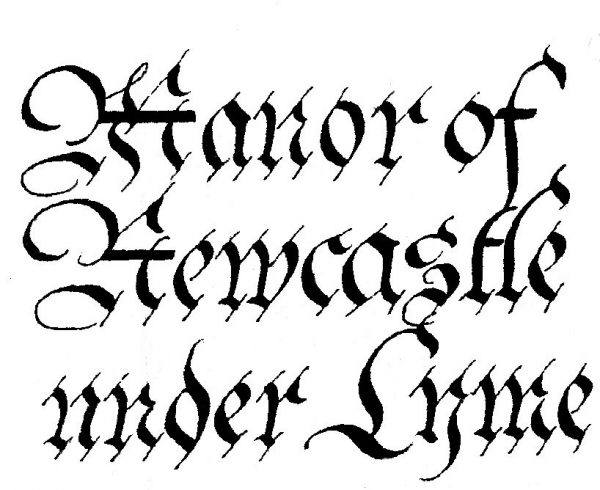The Hearth Tax records give a unique account of both the names of residents of any set place, but also of how many hearths (fireplaces) the property held which is used as a guide both to status and wealth.
I was fortunate enough to make contact with a National Archive searcher, who once worked there during and after the war. With luck she knew where other records were and transcribed them for me.
This means in addition to the one of 1666, published in the Staffordshire Historical Archives on this spreadsheet a further two dates are added.
This record indicates over the period in a number of cases names, frequently first name changed indicating that the previous record the one listed had died. These three entries can be used in many ways by the historian to assist in creating a profile of the village and or families.
por 20 – The poor conditions for vagrants
£2.00Under the Poor Law of 1834 there were no benefits it was simply if you had no money, no home, no job you would apply to be admitted into a workhouse. The objective was to enforce the worst conditions they could in the hope that those desperate would do anything to remain out of the workhouse. Here families were separated by gender and a minimum age necessary for the maintenance of ‘decency’ whereby children were segregated from adults in order to dissuade them from a life of indolence and mendicancy and kept from what was considered ‘sluggish sensual indolence’.
Vagrants or casuals were travellers from town to town, perhaps we could call tramps. The 1834 Act was designed to stem the drain of resources as a deterrent, but vagrants dominated the flow of poor inmates. In 1837 workhouses became obliged to provide temporary overnight shelter for any destitute person, forcing guardians to arrange special accommodation for this category. Initially, vagrants were housed in infectious wards, stables and outhouses anywhere until purpose built vagrant wards were built at the edge of the main workhouse site, frequently having its own access from the highway to avoid contamination with other inmates.
Vagrants would arrive late in the afternoon waiting for admission and their personal belongings removed. The number of beds available for vagrants was frequently limited and late-comers found themselves turned away. In better-regulated wards, they were stripped, bathed and their clothes disinfected, and a bread and water supper were served.
This was the way in which people were treated if they became a burden upon the parish and in turn taxed the local residents based upon the value of their home. Many think the of survival today with increasing costs everywhere, but in reality, nearly two hundred years ago life then was beyond imagination. Read more about times then for those who had nothing except the clothes they stood up in. Yes, the poor law did make some difference to those who came knocking but inside you were treated less than human.









Reviews
There are no reviews yet.